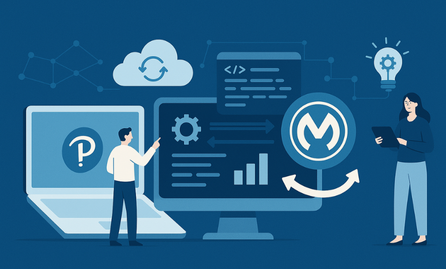Our Salesforce Solutions

 For Sales Automation
Sales Cloud
For Sales Automation
Sales Cloud
 For Customer Service Automation
Service Cloud
For Customer Service Automation
Service Cloud
 For B2C Marketing Automation
Marketing Cloud
For B2C Marketing Automation
Marketing Cloud
 For B2B Marketing Automation
Account Management
For B2B Marketing Automation
Account Management
 Discover the power of AI
Einstein AI
Discover the power of AI
Einstein AI
 Create a better shopping experience
Commerce Cloud
Create a better shopping experience
Commerce Cloud
 For Sales Automation
Sales Cloud
For Sales Automation
Sales Cloud
 For Customer Service Automation
Service Cloud
For Customer Service Automation
Service Cloud
 For B2C Marketing Automation
Marketing Cloud
For B2C Marketing Automation
Marketing Cloud
 For B2B Marketing Automation
Account Management
For B2B Marketing Automation
Account Management
 Discover the power of AI
Einstein AI
Discover the power of AI
Einstein AI
 Create a better shopping experience
Commerce Cloud
Create a better shopping experience
Commerce Cloud
















